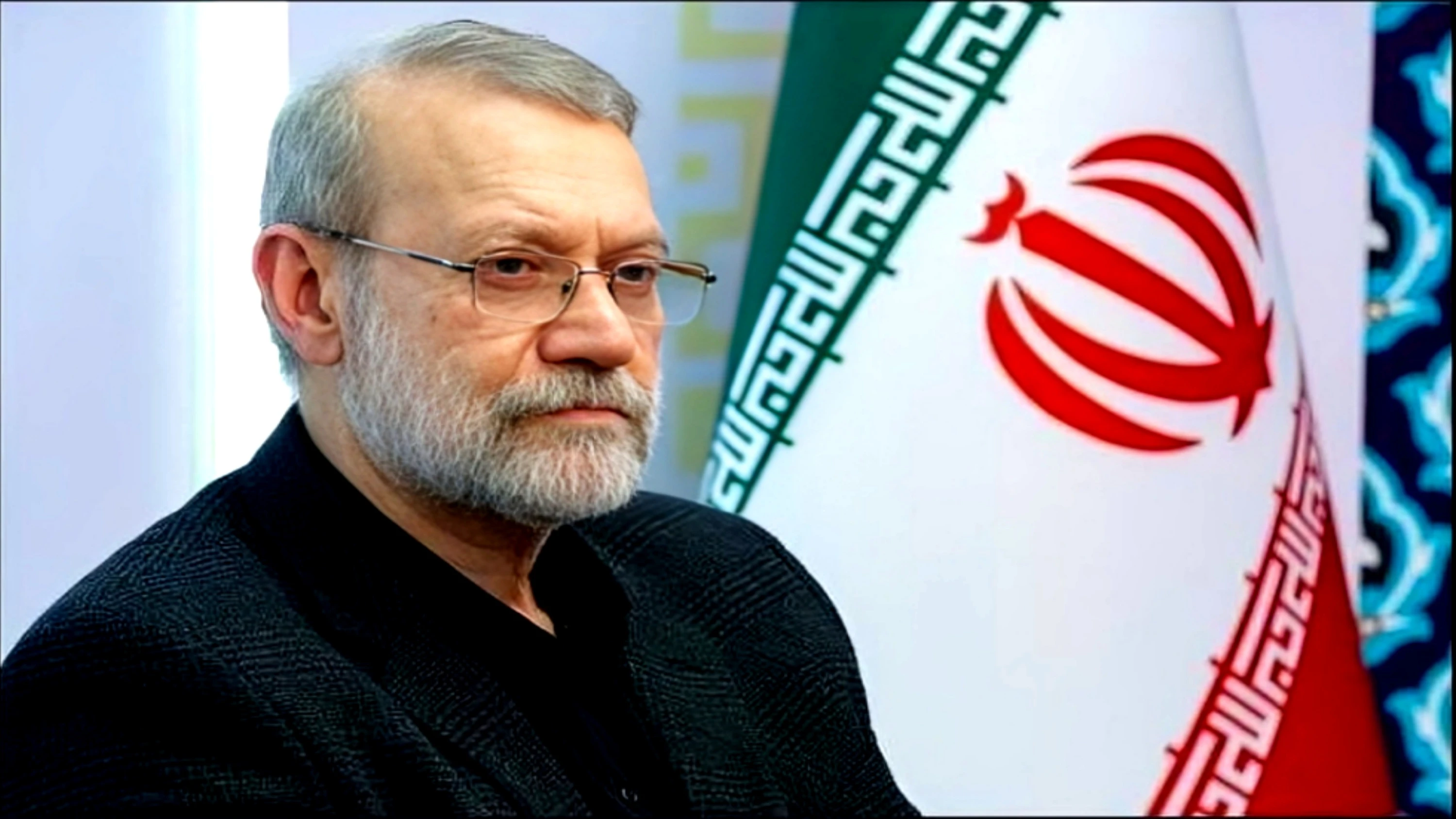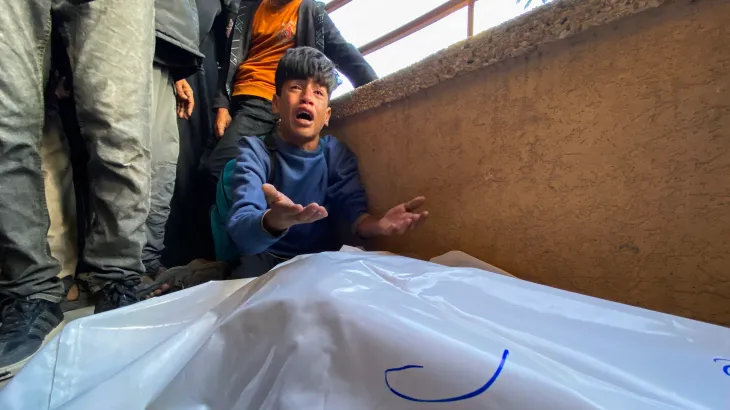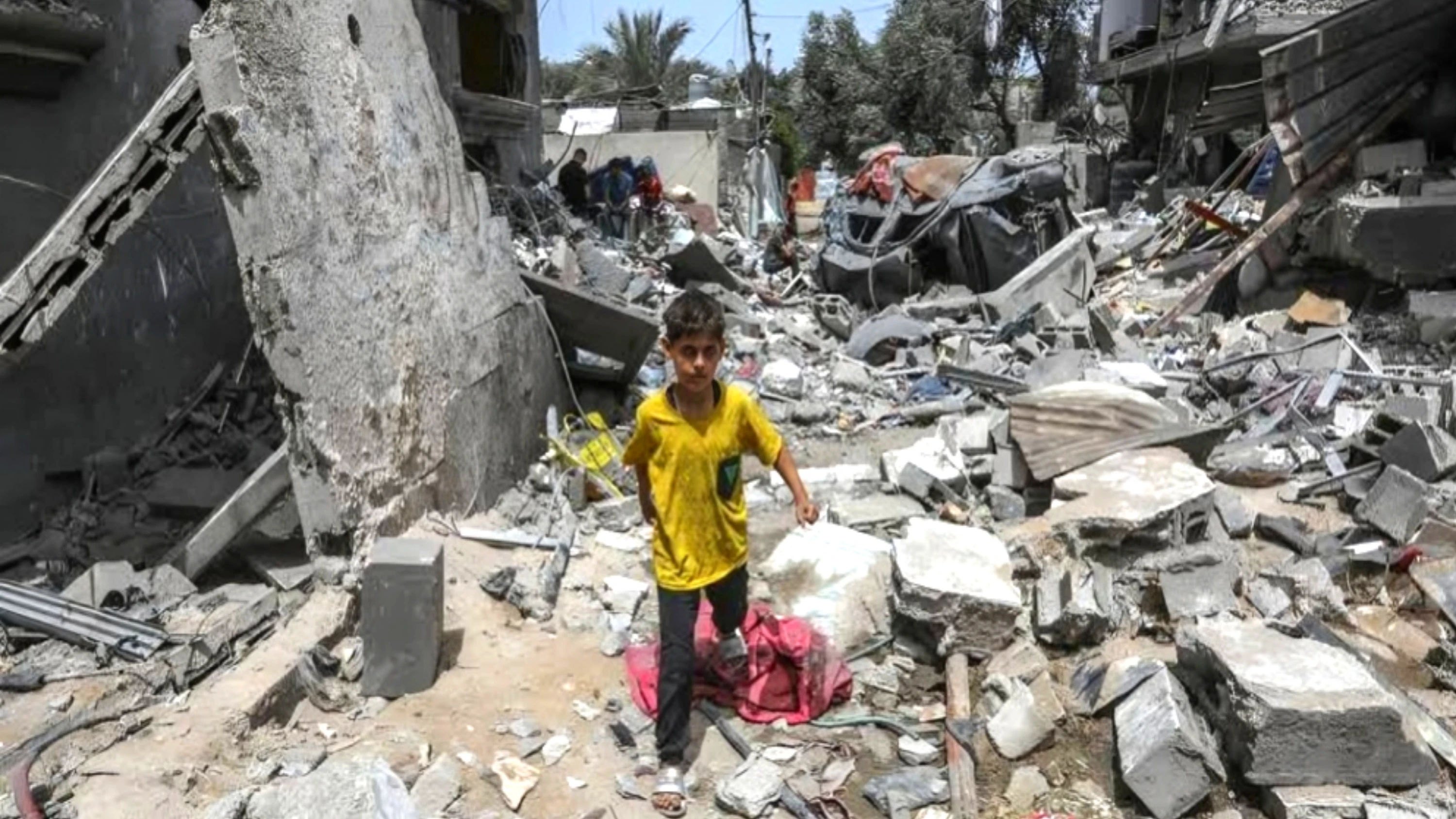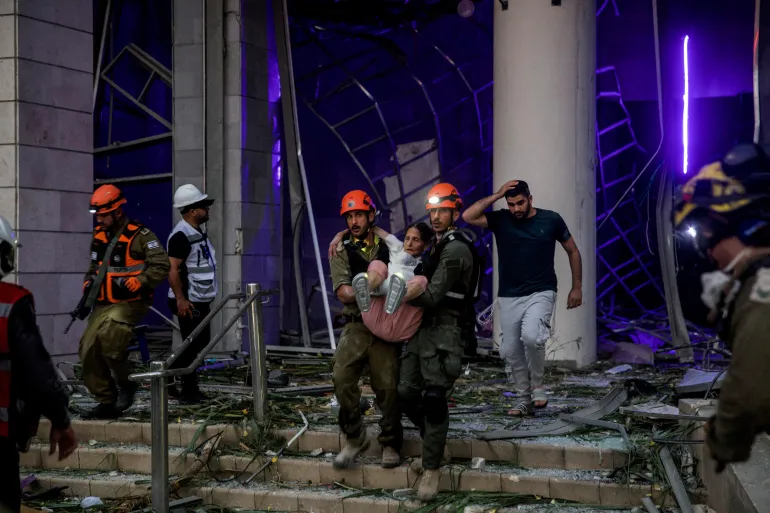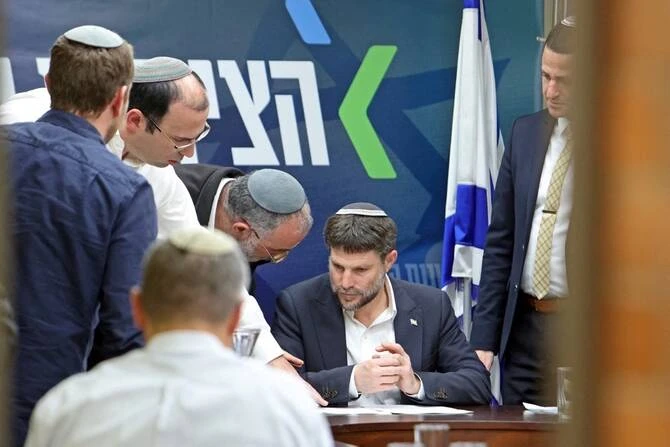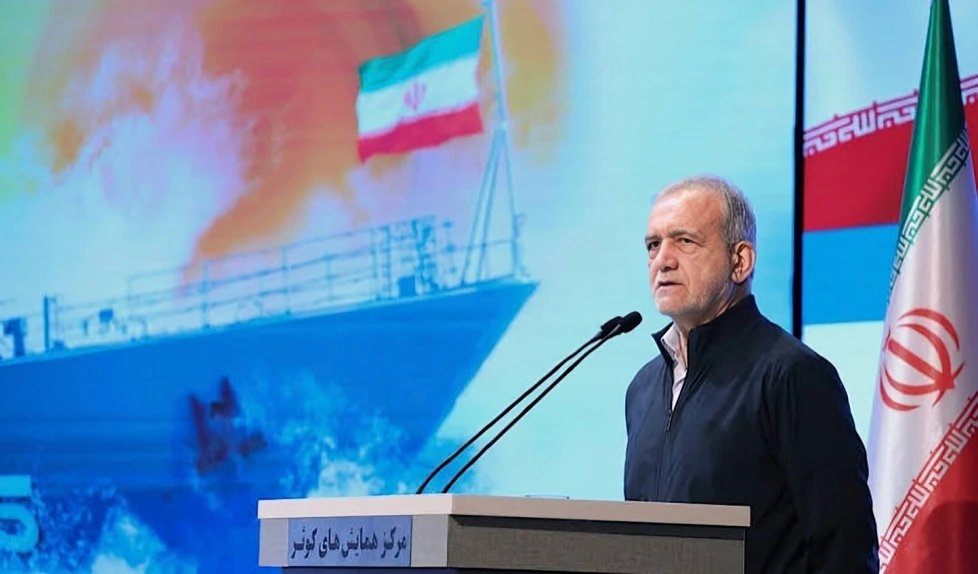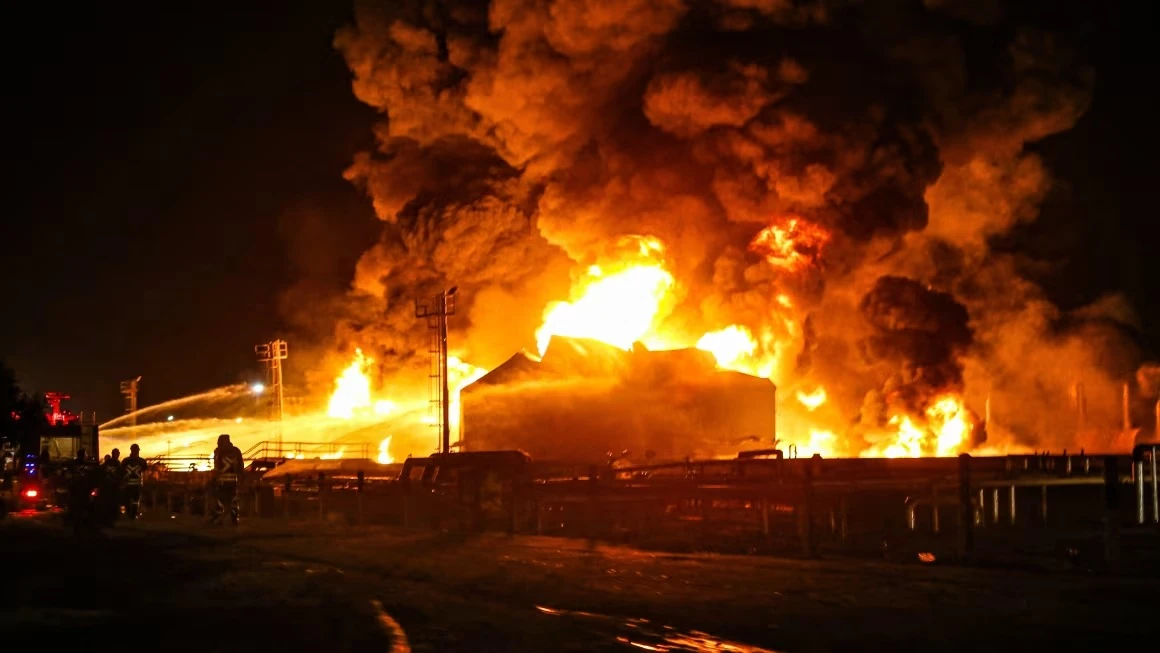Tehran: Iran has officially protested to the United Nations Security Council over what it called "reckless and belligerent" statements made by U.S. President Donald Trump. The move follows Trump's warning that Iran could face military strikes and additional sanctions if it refuses to negotiate a new nuclear agreement with Washington.
An adviser to Iran’s Supreme Leader, Ali Larijani, signaled that Tehran might be compelled to pursue nuclear weapons if it comes under attack by the U.S. or its allies. "We are not seeking nuclear arms, but if you make a wrong move regarding Iran's nuclear issue, we will have no choice but to reconsider our stance for self-defense," Larijani stated on state television.
The remarks come in response to Trump's statement over the weekend, where he reportedly said, "there will be bombing" if Iran does not comply with U.S. demands. Additionally, Trump hinted at imposing "secondary tariffs" as a punitive measure against Tehran.
Supreme Leader Ayatollah Ali Khamenei warned of severe retaliation if the U.S. follows through on its threats. "If they commit such aggression, they will receive a strong and decisive counterattack," Khamenei declared in a speech marking the end of Ramadan.
Iran’s ambassador to the UN, Amir Saeid Iravani, echoed this stance in a letter to the Security Council, denouncing Trump’s remarks as "warmongering provocations" and reaffirming that Iran "will respond swiftly and decisively to any act of aggression by the United States or its proxy, the Israeli regime."
In a further sign of escalating tensions, Iran’s Foreign Ministry summoned the Swiss chargé d'affaires—who represents U.S. interests in Iran—to formally protest Trump's threats.
Senior military officials in Tehran have also issued warnings against U.S. military action. General Amirali Hajizadeh, a top commander in Iran’s Islamic Revolutionary Guard Corps, pointed to the presence of American military bases in the region. "The U.S. has at least 10 bases around Iran with 50,000 troops stationed. Those living in glass made houses should not throw stones at others house," Hajizadeh remarked in an apparent warning.
Since assuming office for his second term in January, Trump has reinstated his “maximum pressure” strategy on Iran. This policy had previously led the U.S. to withdraw from the 2015 nuclear deal and reimpose sweeping sanctions on Tehran. Western nations have long accused Iran of seeking nuclear weapons, an allegation Iran denies, maintaining that its nuclear program is purely for peaceful purposes.
In March, Trump reportedly sent a letter to Khamenei through an envoy from the United Arab Emirates, urging Tehran to return to negotiations while cautioning against military escalation. Iranian officials later confirmed that Oman had relayed Iran’s response, though details of the message remain undisclosed.
Iran’s Foreign Minister Abbas Araghchi reiterated that Tehran refuses direct talks under pressure but left open the possibility of indirect negotiations. While Trump claimed that discussions were already underway, no specifics were provided.
Beyond the nuclear issue, tensions between Iran and the West remain high over Tehran's influence in the region. The U.S. and its allies accuse Iran of backing proxy forces to expand its reach, a charge Iran dismisses.
Khamenei responded to these allegations by labeling Israel "the only proxy force in the region," reiterating his long-standing position that the "corrupt Zionist regime must be eradicated."


